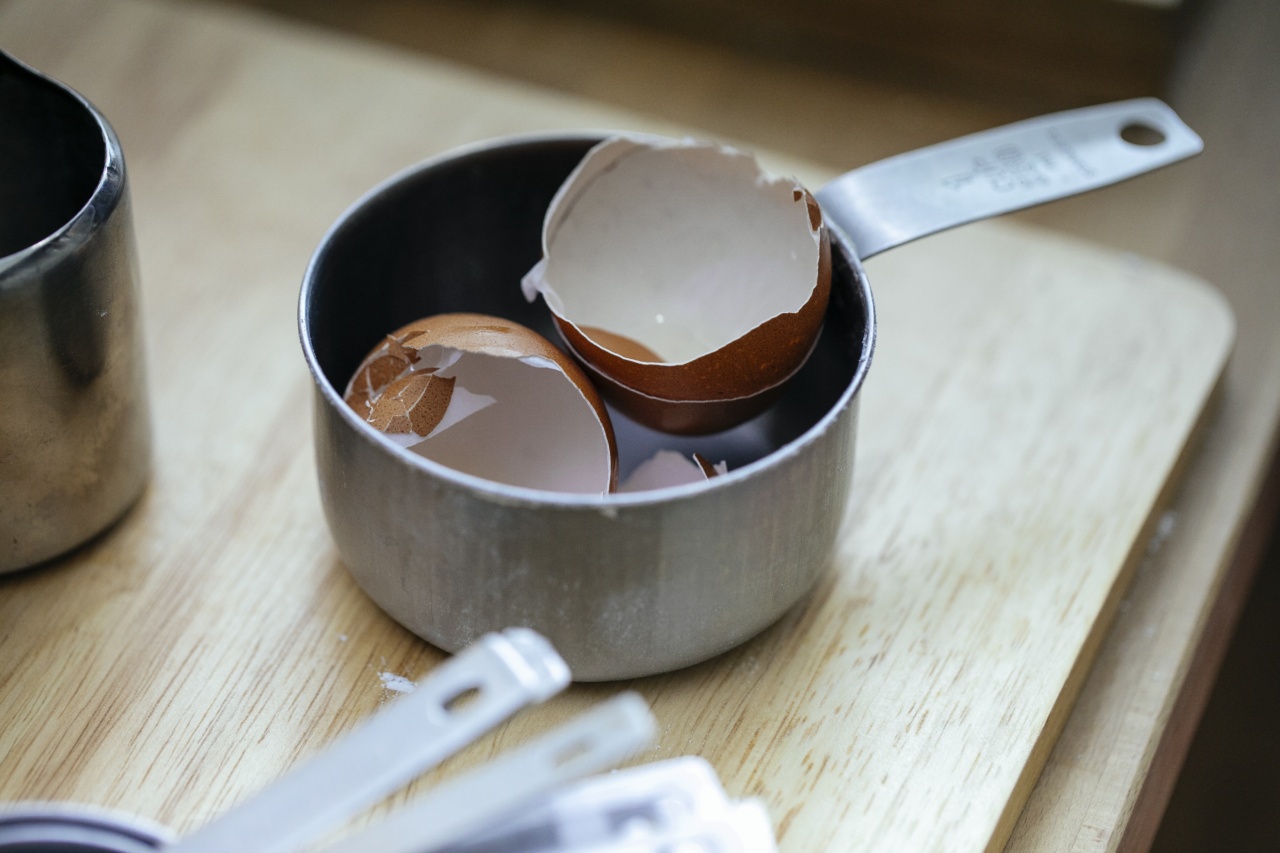Your thyroid gland plays a crucial role in your overall health. It regulates your metabolism, controls your heart rate, and affects almost every organ in your body.
However, there are many substances in your home that can damage your thyroid gland and affect its function. In this article, we’ll explore the 9 substances that you should be aware of and take steps to avoid.
1. Fluoride
Fluoride is a common ingredient in toothpaste and tap water. While fluoride is known to be good for your teeth, it can be harmful to your thyroid gland if you consume too much of it.
High levels of fluoride can interfere with the production of thyroid hormones and cause hypothyroidism. To protect your thyroid, consider using fluoride-free toothpaste and drinking filtered water.
2. Mercury
Mercury is a toxic heavy metal that can be found in fish, dental fillings, and some cosmetics. Exposure to mercury can cause damage to the thyroid gland and impair its ability to produce hormones.
To reduce your exposure to mercury, limit your consumption of fish that are high in mercury and consider having any dental fillings that contain mercury removed.
3. Pesticides
Pesticides are chemicals used to kill insects and other pests. Exposure to pesticides can damage the thyroid gland and disrupt its function.
To reduce your exposure to pesticides, consider buying organic produce and using natural pest control methods in your home.
4. Fire Retardants
Fire retardants are chemicals used to slow down or prevent the spread of fire. These chemicals can be found in furniture, electronics, and other household items.
Exposure to fire retardants can disrupt thyroid function and can affect the development of the brain in young children. To reduce your exposure to fire retardants, look for products that are labeled as “flame retardant-free.”.
5. Perchlorate
Perchlorate is a chemical that is used in rocket fuel and can also be found in some fertilizers and drinking water. Exposure to perchlorate can interfere with the production of thyroid hormones, leading to hypothyroidism.
To reduce your exposure to perchlorate, consider using a water filtration system or drinking bottled water.
6. Bisphenol A (BPA)
Bisphenol A (BPA) is a chemical that is used in plastics, including food and drink containers. Exposure to BPA can disrupt thyroid function and has also been linked to other health problems, including cancer.
To reduce your exposure to BPA, consider using glass or stainless steel containers instead of plastic.
7. Phthalates
Phthalates are a group of chemicals that are used to make plastics more flexible. They can be found in many household items, including toys, food containers, and cosmetics.
Exposure to phthalates can interfere with thyroid function and has also been linked to other health problems, including asthma and ADHD. To reduce your exposure to phthalates, look for products that are labeled as “phthalate-free.”.
8. Chlorine
Chlorine is a chemical that is used to disinfect water. While it is important for preventing the spread of disease, exposure to high levels of chlorine can damage the thyroid gland and disrupt its function.
To reduce your exposure to chlorine, consider using a water filtration system or drinking bottled water.
9. Triclosan
Triclosan is a chemical that is used as an antimicrobial agent in many personal care products, including soap and toothpaste. Exposure to triclosan can disrupt thyroid function and has also been linked to other health problems, including cancer.
To reduce your exposure to triclosan, consider using natural personal care products that do not contain this chemical.
Conclusion
Your thyroid gland is a vital part of your endocrine system, and it is important to protect it from damage. By avoiding the 9 substances listed above, you can help to maintain your thyroid function and ensure optimal health.
Consider making these changes in your home and lifestyle to reduce your exposure to harmful chemicals and protect your thyroid gland.































